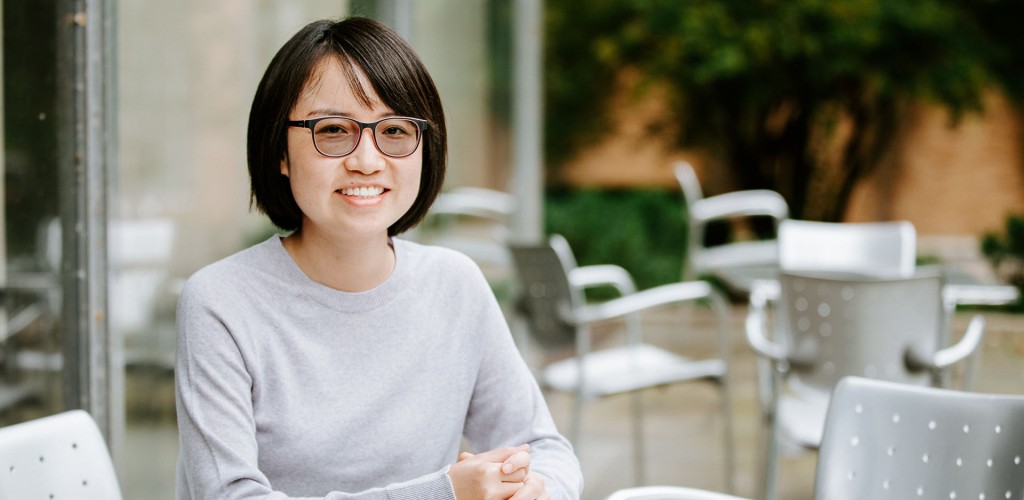Academic focus: My academic focus is in understanding how epigenetics drives embryonic reprogramming, X chromosome dosage compensation, genetic imprinting and heat-induced responses.
Research summary: Our research group uses genomics and computational approaches to investigate key epigenetic mechanisms that regulate transcription events in embryonic reprogramming. We aim to identify functional factors that coordinate gene expression during development and under heat stress. Our long-term goal is to understand epigenetic mechanisms in animal health and disease and use functional genomics tools to improve animal fertility and health.
What do you like to do when you’re not working?
I like most outdoor activities. I go hiking, mountain biking in summer, skiing in winter. I also like taking online art and design classes from the Rhode Island School of Design and painting.
What are three adjectives people might use to describe you?
Bubbly, warmhearted and easygoing
What (specifically) brought you to Cornell CALS?
Cornell CALS has the best program of animal science and agriculture in the U.S. This is an ideal home for my research since I study basic molecular biology using domestic animal models. CALS allows me to collaborate with other animal scientists to apply my findings in the lab for translational impacts. I was attracted to the research diversity and environment as well as the strong mentor systems provided to junior faculty.
What do you think is important for people to understand about your field?
Animal science is not just about milking the cows or managing flocks! A lot of basic science happens in studying animal metabolism, physiology, nutrition, reproduction and genetics.
Why did you feel inspired to pursue a career in this field?
I love animals and I’m curious of how biology works, therefore, I am here to learn what we can do to improve animal productivity and resiliency to global warming. Improving animal health is a benefit to both livestock welfare and human food security.
What’s the most surprising/interesting thing you’ve discovered about Cornell and/or Ithaca so far?
So much rain falls here! With this much precipitation I’m really looking forward to seeing a white Christmas this year.
If you had unlimited grant funding, what major problem in your field would you want to solve?
The major problem in agriculture is the sustainability of animal-based food. With unlimited grant funding to decode basic biology and develop biotechnology of animal gene editing, I’m imagining a future in which in vitro breeding for specific traits and in vitro milk/meat production would come true.
Learn more about Ellie’s research on the Duan Functional Genomics Lab website or visit her profile page.





